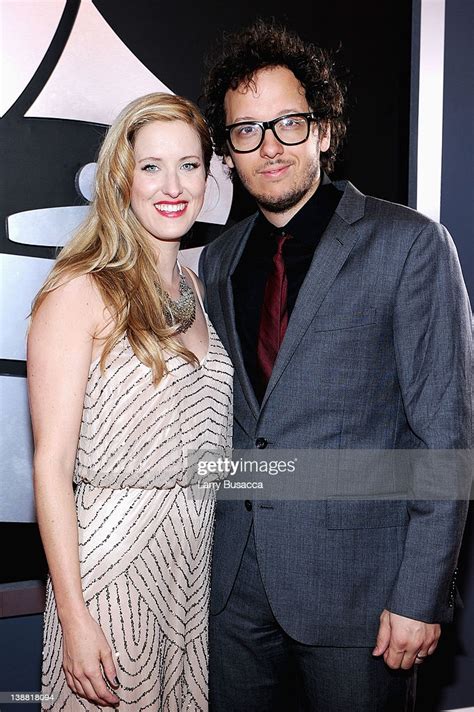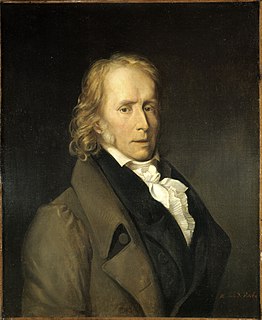A Quote by Kathe Kollwitz
My work is not, of course, pure art in the sense that Schmidt-Rottluff's is, but it is art nonetheless... It is all right with me that my work serves a purpose. I want to have an effect on my time, in which human beings are so confused and in need of help.
Related Quotes
What is it about a work of art, even when it is bought and sold in the market, that makes us distinguish it from . . . pure commodities? A work of art is a gift, not a commodity. . . works of art exist simultaneously in two “economies”, a market economy and a gift economy. Only one of these is essential, however: a work of art can survive without the market, but where there is no gift, there is no art.
Art matters. It is not simply a leisure activity for the privileged or a hobby for the eccentric. It is a practical good for the world. The work of the artist is an expression of hope - it is homage to the value of human life, and it is vital to society. Art is a sacred expression of human creativity that shares the same ontological ground as all human work. Art, along with all work is the ordering of creation toward the intention of the creator.
The saying "the business of art is different than the purpose of art" makes sense, and what are you going to do about that? You have some obligation to get the work out there, you believe in it enough that it should be out in the public, but of course it goes through a system that takes it pretty far away from the reasons you made them.
art is the most general condition of the Past in the present. ... Perhaps no work of art is art. It can only become art, when it is part of the past. In this normative sense, a 'contemporary' work of art would be a contradiction - except so far as we can, in the present, assimilate the present to the past.
They say that art should stand the test of time. Life lasts a limited amount of time. Mountains and trees and earth will outlive human beings, but we don't know if they will be here always. Art does outlast the life span of its maker. Art should communicate to an increasing circle of strangers-people who do not know the artist, but come to know the work, and through the work, come to know something about the humanity of the artist that rings with their own humanity.
There is some other form that you contain within yourself that is not will or purpose and, when applied to art, serves you best. If you systematically apply to the art that you create the aggression of the world that turned you towards art in the first place; if you, in turn, become the aggressor towards your canvas, the thing that you're doing; if you, in turn, work your will upon this thing that you want - you will then cause a dissatisfaction in this life that you create.
In most modern instances, interpretation amounts to the philistine refusal to leave the work of art alone. Real art has the capacity to make us nervous. By reducing the work of art to its content and then interpreting that, one tames the work of art. Interpretation makes art manageable, conformable.
ART Art is that thing having to do only with itself—the product of a successful attempt to make a work of art. Unfortunately, there are no expamples of art, nor good reasons to think that it will ever exist. (Everything that has been made has been made with a purpose, teverything with an end exists outside of that thing, i.e., "I want to sell this", or "I want this to make me famous and loved", or "I want this to make me whole", or worse, "I want this to make others whole.") And yet we continue to write, paint, sculpt and compose. Is this foolish of us?






































